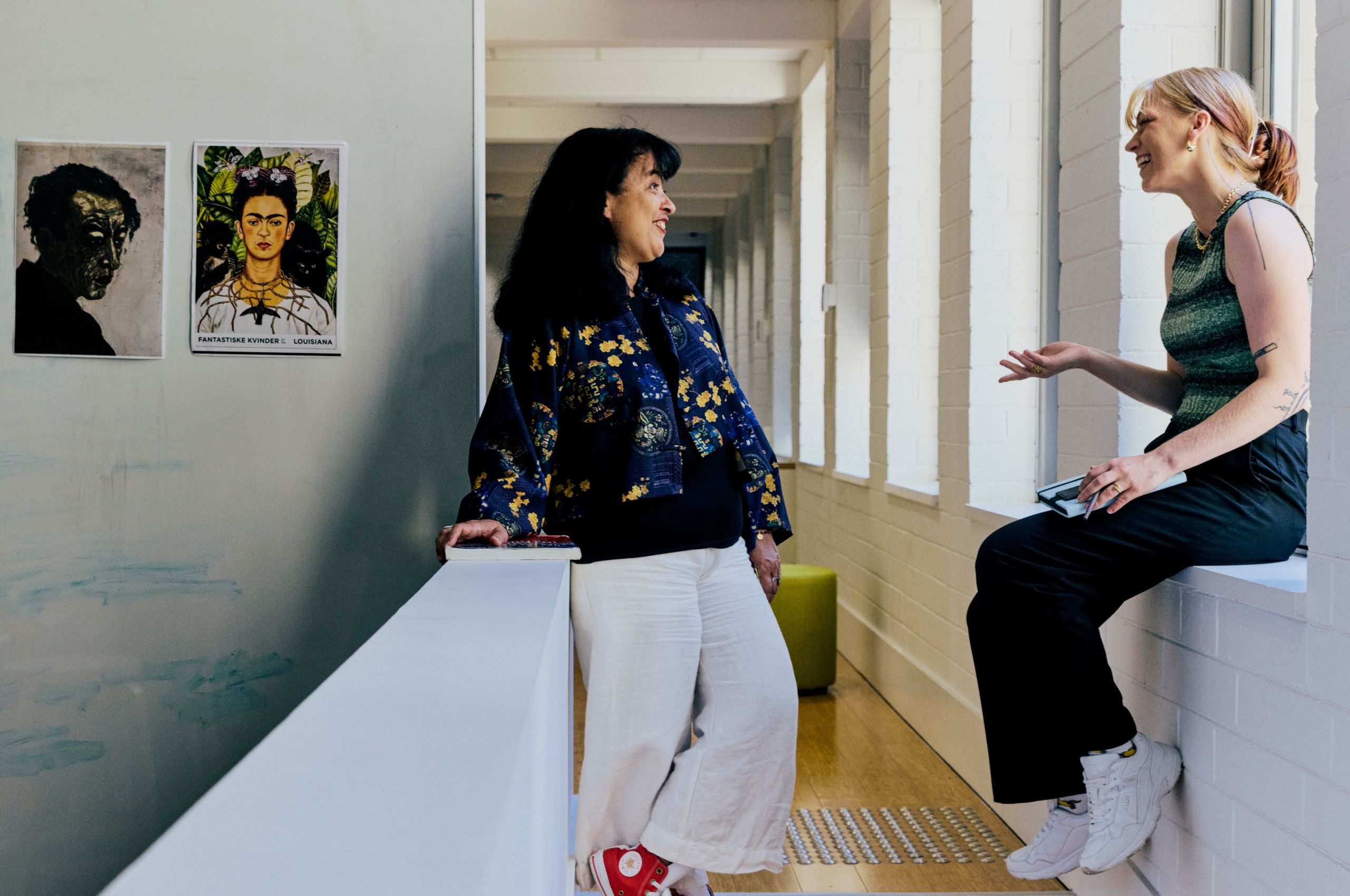Research in the Department of Languages and Cultures

The Department of Languages and Cultures is recognised for its research in Asian Studies, Classics and Ancient History, Creative Writing, English, Chinese, French, Greek, Hindi, Italian, Japanese and Spanish, Linguistics and Visual Arts.
The Australian Research Council’s Excellence in Research for Australia ranks our research in language, communication and culture as ‘above world standard.’
Our researchers partner with industry, government and community organisations to explore cultural expression, identity and inclusion and language diversity.
The result: An exciting program of public engagement activities including art exhibitions, public events, school outreach, writing workshops and festivals, performances and academic conferences.
Our research aligns with La Trobe University’s research themes: Social change and equity, Healthy people, families and communities and Resilient environments and communities.
Find out more about how our partnerships enable transformative research.
Research areas
Our research culture is inclusive and dynamic, purpose built for academic and creative endeavours.
Our research is grouped into five key areas:
Our researchers specialise in all facets of the human voice, from the sounds we make and the physiology that supports them, to the ways in which voices are expressed in writing across time and space. We explore and celebrate the voices of marginalised people.
Our researchers explore the spaces and identities of those that sit at the margins of the mainstream. We also examine how larger movements and national projects can shift between the centre and the periphery: for example, how Romanticism, with its centre in Europe, interpreted ‘Australia’ and its influence on settler identity and colonisation.
Our researchers examine how art and language are used to represent ourselves, our stories and our cultures. This includes the ways in which accents express distinct social identities, how writers position themselves and others, and how aesthetic culture influences our understanding of other species. We also explore how fiction renders historical figures to interrogate the present and past, and the role of young adult literature in identity formation for young people.
Our researchers use painting, photography, textiles and sculpture, creative and non-fiction writing practices, script, screenplay and translation to find new ways to bring their expertise to diverse audiences. We also approach creative practice as an area of research, investigating creative labour, social engagement and speculation.
Our researchers explore how meaning is attached to place. We question how contemplative and poetic encounters with place can bring about other more generative and just ways of being. We also think critically about how aesthetics and ideology are translated to create a sense of place: for example, how ideas, values and policies created ‘Australia’ through landscape modification projects, or the romanticisation of certain indigenous fauna and landscapes.
Graduate research
We offer Masters and PhD opportunities for projects in both traditional research modes and creative practice.
Our graduate researchers are supported by teams of at least two supervisors, regular progress committee meetings and a carefully tailored milestone program. They enjoy a strong research culture that includes reading groups, writing workshops, skills-based workshops, and an annual 3 Minute Thesis competition and Higher Degree by Research conference.
Graduate research seminars are held throughout the year, providing students with opportunities to present their work and learn from their peers. Students are welcome to attend and sometimes present at the Department’s research seminar program for academic staff and visiting scholars.
While completing their graduate training, many students also take up opportunities to teach in subjects offered by the Department, further preparing them for a career in academia.
All graduate researchers are part of La Trobe’s Graduate Research School, which nurtures a vibrant research community and upskills researchers through the Research Education and Development (RED) team. The RED team run workshops on topics from preparing literature reviews through to data manipulation and visualisation. They also run initiatives including Shut Up and Write!
Find out more about graduate research opportunities at La Trobe, or contact the Department’s Graduate Research Coordinator, Dr Alexis Harley.
Research centres
Our staff make key contributions to La Trobe University's research centres.
The A.D. Trendall Research Centre for Ancient Mediterranean Studies specialises in Ancient Mediterranean studies, particularly in the archaeology of South Italy and Sicily during the Classical period. It hosts a lively program of conferences, lectures and seminars. It also hosts scholars and graduate students to use its extensive collection of books, periodicals and archival materials relating to Greek and Roman culture, and images of South Italian red-figure vases.
Find out more about the Centre.
